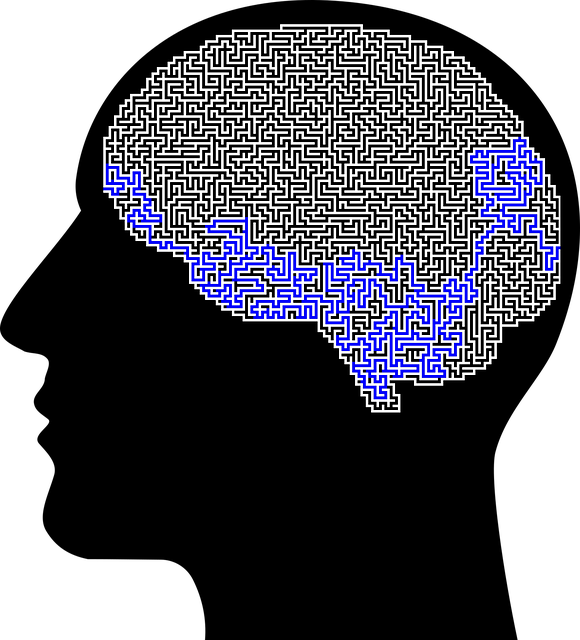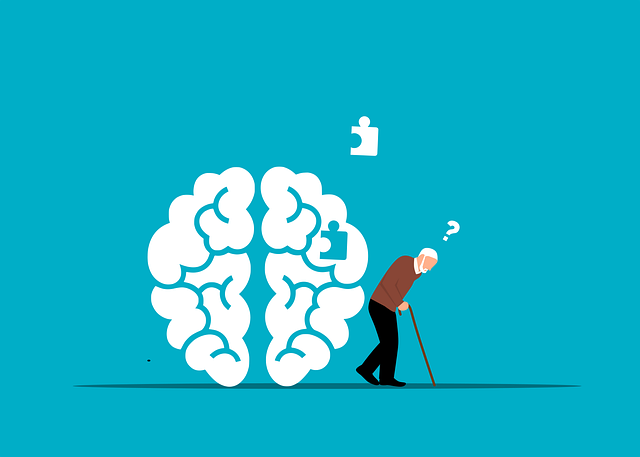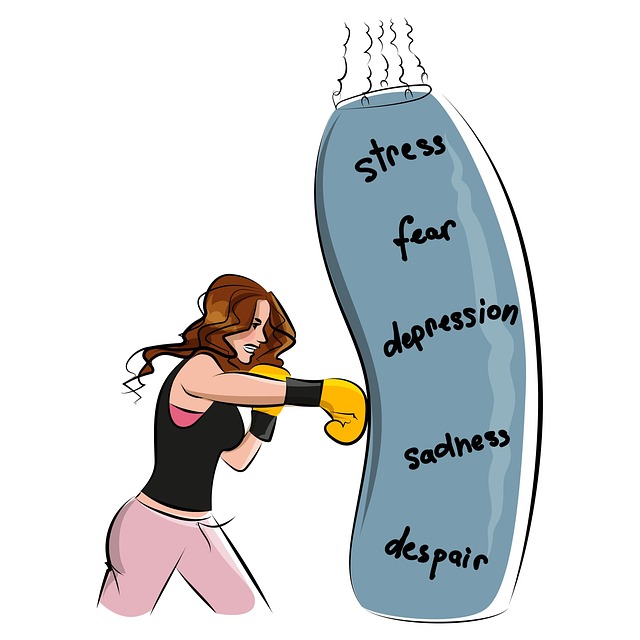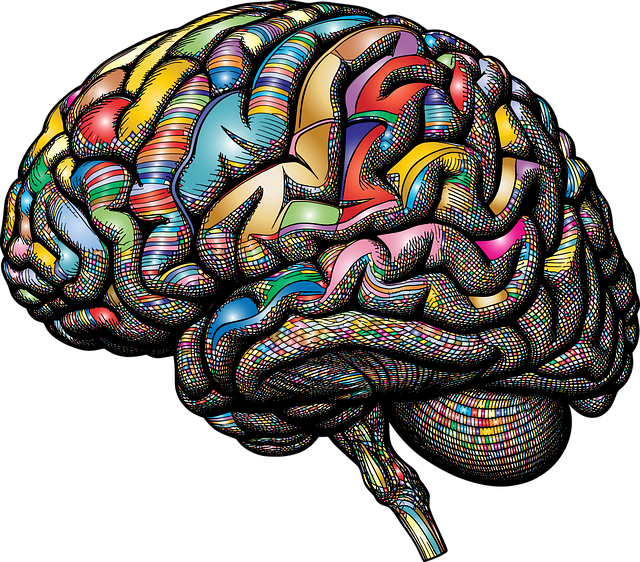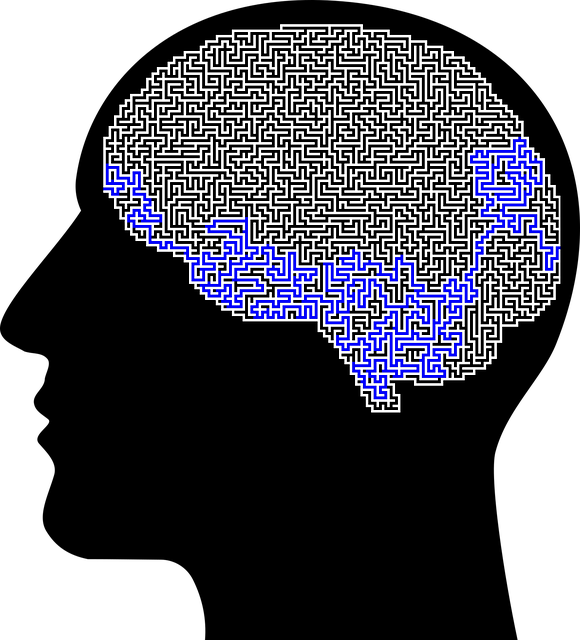Centennial Postpartum Depression (CPD) is a hidden mental health crisis affecting new mothers with intense emotions within a year of childbirth, ranging from mild to severe. Therapy for CPD involves tailored counseling, self-awareness exercises, resilience building, and compassion cultivation practices. Accessing local support groups, online resources, and specialized therapy services empowers mothers to manage symptoms and seek help. Integrating self-care practices for therapists is vital in treating CPD, enhancing their resilience and improving mental health service quality. Building strong community networks through safe spaces, forums, and classes supports new mothers, promoting emotional well-being and healthy development for both mother and child. Centennial Postpartum Depression Therapy emphasizes early intervention, specialized guidance, and comprehensive support to overcome this complex challenge.
Trauma support services are vital in addressing perinatal mood disorders, particularly the often-overlooked Centennial Postpartum Depression. This article delves into understanding the risks and symptoms of this condition, highlighting the transformative power of therapy as a treatment approach. We explore accessible resources for mothers seeking help, emphasizing local and online options. Additionally, it provides insights into self-care practices and building supportive community networks to foster long-term mental wellbeing through holistic approaches, including Centennial Postpartum Depression therapy.
- Understanding Centennial Postpartum Depression: A Focus on Risks and Symptoms
- The Role of Therapy in Treating Perinatal Mood Disorders
- Accessing Supportive Resources for Mothers: Local and Online Options
- Integrating Self-Care Practices for Long-Term Mental Wellbeing
- Building Community Networks: Fostering Support Systems for New Mothers
Understanding Centennial Postpartum Depression: A Focus on Risks and Symptoms

Centennial Postpartum Depression (CPD) is a significant mental health concern that often goes unrecognized and untreated. It’s characterized by intense feelings of sadness, anxiety, and exhaustion experienced by some new mothers in the year after giving birth. Understanding CPD involves recognizing its unique risks and symptoms.
Several factors contribute to the development of CPD, including biological changes related to pregnancy and childbirth, hormonal shifts, sleep deprivation, and psychological vulnerabilities. Women who experience prior depression, a history of trauma, or high stress levels during pregnancy may be at an increased risk. Symptoms can range from mild irritability and fatigue to severe hopelessness, anxiety, and even suicidal thoughts. Effective treatment for CPD often incorporates therapy tailored to address these complex symptoms. Centennial Postpartum Depression Therapy may include self-awareness exercises to promote understanding and coping strategies, resilience building techniques to enhance emotional regulation, and compassion cultivation practices to foster self-care and connection with others.
The Role of Therapy in Treating Perinatal Mood Disorders

Perinatal mood disorders, including Centennial Postpartum Depression (CPD), significantly impact new mothers’ mental wellness and overall well-being. Therapy plays a pivotal role in effectively treating these disorders, offering specialized guidance for individuals grappling with intense emotions during pregnancy or the postpartum period. Through evidence-based practices, therapists help mothers navigate their experiences, understand underlying causes, and develop coping mechanisms.
One effective approach is incorporating Mental Wellness Journaling Exercises into therapy sessions. This allows mothers to introspect, track their moods, and identify triggers. Additionally, Mental Health Education Programs designed specifically for this demographic can empower them with knowledge about CPD, normalizing their experiences and encouraging help-seeking behaviors. These therapeutic interventions collectively foster mental health awareness, offering crucial support for new mothers’ journey towards emotional healing and resilience.
Accessing Supportive Resources for Mothers: Local and Online Options

Accessing support is a vital step for mothers facing postpartum challenges, and there are various resources available to help them navigate this difficult period. Local communities often have dedicated support groups and therapy services tailored for new mothers, offering a safe space to discuss experiences and receive guidance. These in-person sessions can be incredibly beneficial, fostering connections with peers who understand the unique pressures of motherhood. Many professionals also provide Centennial postpartum depression therapy, catering to the specific needs of this demographic.
Online platforms have further expanded access to resources, ensuring that mothers across different locations can connect with experts and support groups virtually. These digital options include counseling services, online forums, and educational websites focusing on mental health. For those seeking depression prevention strategies or mood management techniques, these resources offer valuable tools and guidance. Additionally, risk management planning for mental health professionals is a crucial aspect of supporting mothers at risk, ensuring that both mother and child receive the highest level of care.
Integrating Self-Care Practices for Long-Term Mental Wellbeing

In the realm of trauma support services, integrating self-care practices is a game-changer for long-term mental wellbeing, especially in addressing issues like Centennial Postpartum Depression Therapy. Mental health professionals who prioritize their own emotional healing processes are better equipped to provide compassionate and effective care to their clients. This involves adopting comprehensive risk management planning strategies to safeguard against burnout and ensure sustainable practice.
By incorporating Self-Care Practices into their routine, these professionals can enhance their resilience, enabling them to navigate the challenging emotional landscapes of both their personal lives and clinical work. This holistic approach not only benefits individual therapists but also has a positive ripple effect on the overall quality of mental health services, reflecting the importance of Mental Health Policy Analysis and Advocacy in fostering supportive environments for both practitioners and clients alike.
Building Community Networks: Fostering Support Systems for New Mothers

Building strong community networks is vital for fostering support systems that benefit new mothers, especially those facing challenges like Centennial postpartum depression therapy. Creating safe and supportive spaces allows women to connect with peers who understand their unique experiences. Through community groups, online forums, or local mother-baby classes, new moms can share resources, offer emotional encouragement, and exchange practical tips for navigating the postpartum journey. This sense of belonging and connection is a powerful tool in preventing and managing depression, utilizing Mind Over Matter principles to cultivate resilience.
Furthermore, these networks often facilitate access to valuable resources such as mental health professionals specializing in postpartum support, including depression prevention strategies like Social Skills Training. By intertwining individual therapy with community-based initiatives, a comprehensive system of care emerges, empowering new mothers to thrive and fostering healthy development for both mother and child.
Trauma support services are vital in addressing perinatal mood disorders, particularly Centennial Postpartum Depression. By combining therapy, accessible resources, self-care practices, and robust community networks, we can ensure new mothers receive holistic care that promotes long-term mental wellbeing. Implementing these strategies can revolutionize how we support at-risk individuals, fostering a healthier and more supportive environment for all new parents.

